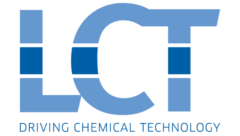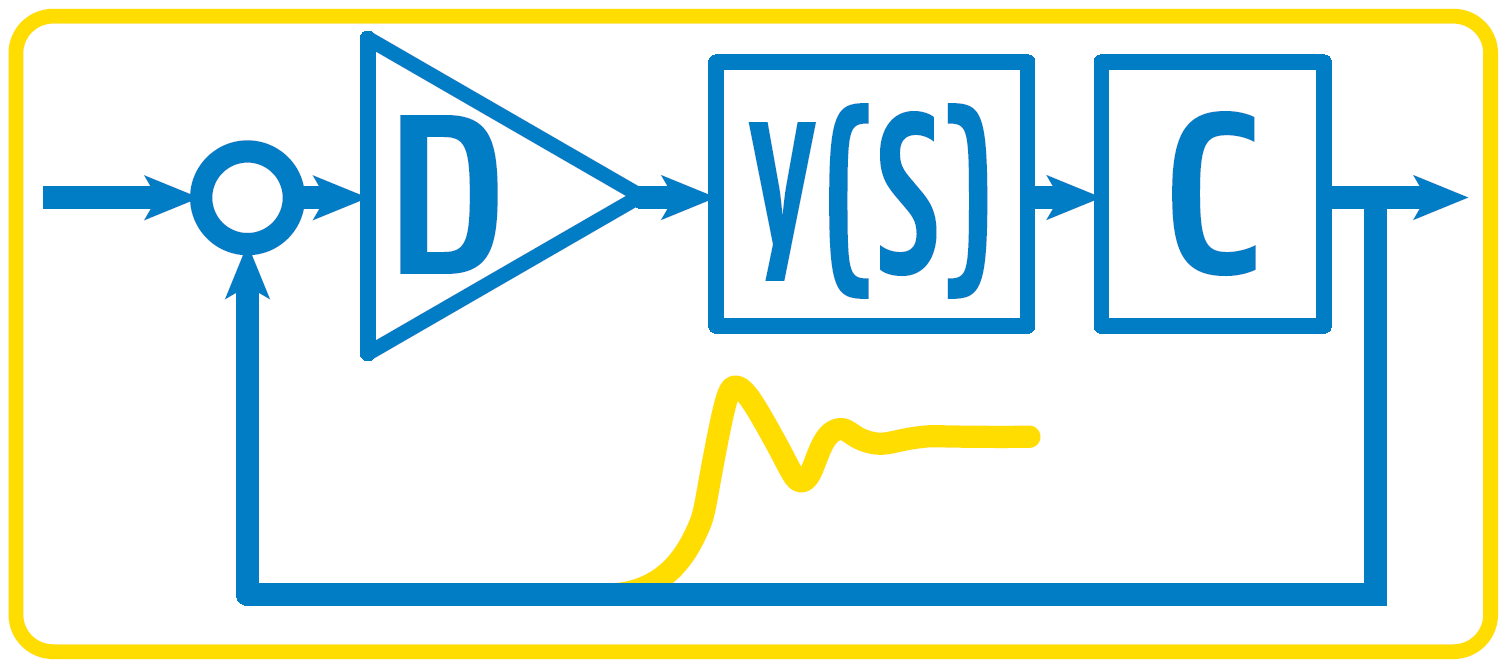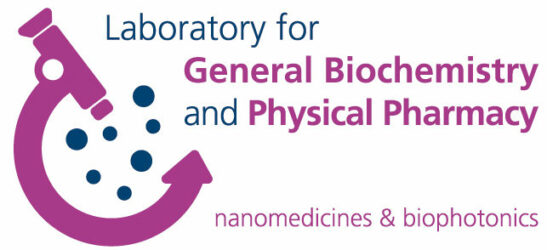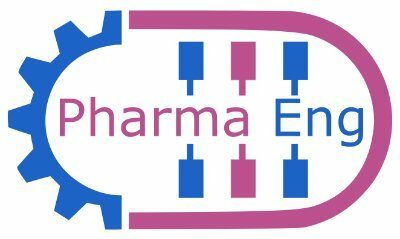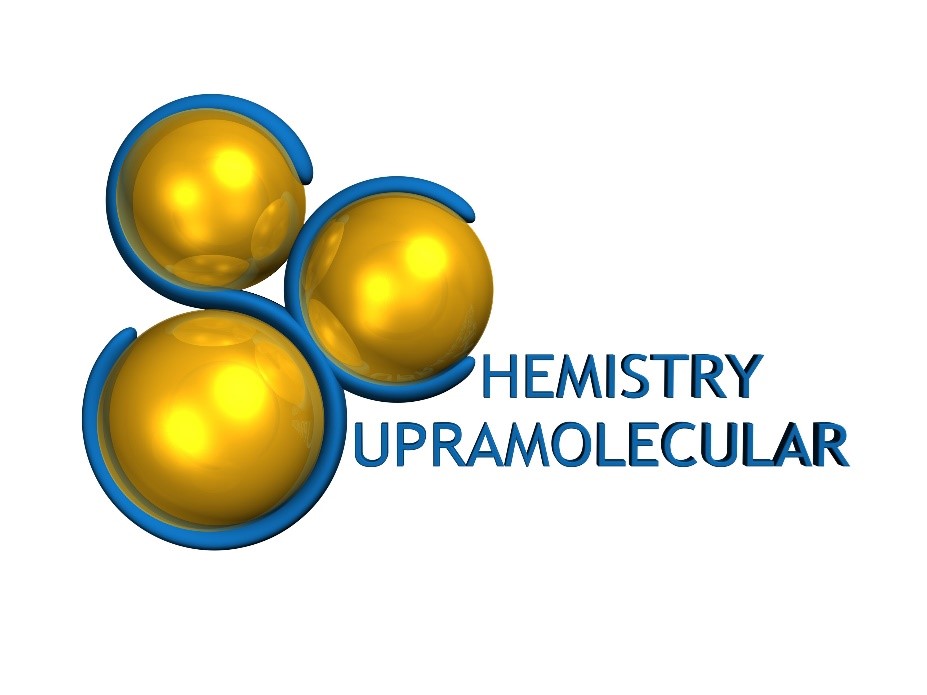The Laboratory for Chemical Technology (LCT) integrates chemical science and engineering in its research on catalysis, polymerization, kinetics, reactor design and process design. LCT is part of the Department of Materials, Textiles and Chemical Engineering within the Faculty of Engineering and Architecture at Ghent University in Belgium. LCT aims at research excellence and bottom-up innovation in the framework of technological, industrial, and societal challenges.
The research within LCT is based around six themes:
- Polymer design: This research theme specifically aims at the design of new polymeric materials up to industrial scale, considering advanced multi-scale computational tools. Our goal is to take control over the entire microstructure of individual polymer chains, taking into account economic and environmental constraints.
- Catalyst design: This research theme aims at the full exploitation of existing reactor technologies and the development of new reactor technologies. Main focus is on the study of the delicate interplay between reaction kinetics and mass, energy and momentum exchange phenomena.
- Reactor engineering: This research theme aims at the full exploitation of existing reactor technologies and the development of new reactor technologies. Main focus is on the study of the delicate interplay between reaction kinetics and mass, energy and momentum exchange phenomena. Given the large scale of most commercial chemical processes, the smallest improvement in reactor design has a huge impact on the use of resources and the operating costs.
- Circular process design: Today we must consider the whole lifecycle of our resources. Fundamental changes are needed in all these parts of the process industry, in particular in the design of these processes where exergy analysis, resource efficiency and life cycle analysis are fed by fundamental process simulation data that account accurately for the important chemical and physical phenomena on different scales.
- Low carbon technology: The transition from a raw material base towards an almost carbon neutral economy is one of the biggest challenges. Catalysis is a key enabling factor to allow the development of new sustainable processes and technologies and thus plays a critical role to realize transition from a linear to a circular economy. Consequently, the development of catalysts and related catalytic technologies for the use of CO2 to produce chemicals and fuels, and renewable energy in chemical production is becoming a key area.
- Renewable chemicals and technology: In this research theme, emphasis is on the development of fundamental so-called microkinetic models together with dedicated ab initio calculations and elaborate catalyst characterization to enable this extension. The individual phenomena investigated range from the chemical kinetics, over mass and heat transport phenomena and phase/thermodynamic effects, to non-ideal reactor hydrodynamics.

